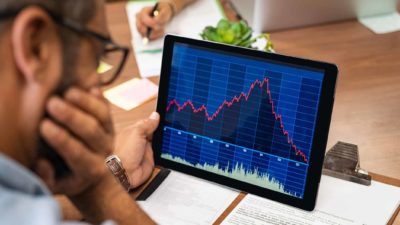The Kathmandu Holdings Ltd (ASX: KMD) share price could come under pressure on Wednesday after the retailer warned that the coronavirus outbreak was likely to have a "material adverse impact to earnings."
What did Kathmandu announce?
This morning the adventure retailer revealed that it has experienced a recent significant reduction in foot traffic in its Australian and New Zealand stores because of the coronavirus. This is of course having a big impact on its sales performance at present.
And due to the uncertainty around the spread of COVID-19 globally and impacts on demand, management advised that it cannot forecast the extent to which COVID-19 will impact the business in the second half of FY 2020.
However, it warned that there is likely to be a material adverse impact to earnings.
One positive is that the company has sufficient inventory levels in place for the forthcoming season for all of its brands. This is being assisted by the longer lead time of technical product categories, and a diversified supplier base.
Furthermore, due to recent work from the company's supply chain team in conjunction with key suppliers, Kathmandu does not expect material delays in product availability during upcoming seasons.
Kathmandu response.
In response to the tough trading conditions the company is facing, management is taking decisive actions. This includes reducing operating expenses, deferring non-essential capital projects, optimising labour costs, managing inventory levels, and implementing a travel and hiring freeze.
Kathmandu's managing director and CEO, Xavier Simonet, commented: "Given the rapidly evolving COVID-19 situation, we have been reviewing available advice and data on a daily basis and taking steps to protect the wellbeing of our team and customers, and to reduce the adverse impact on trading. Our channel agnostic approach, and especially our online fulfilment capabilities, should assist our ability to continue servicing customer needs despite growing government restrictions on the operation of retail outlets in many countries."








